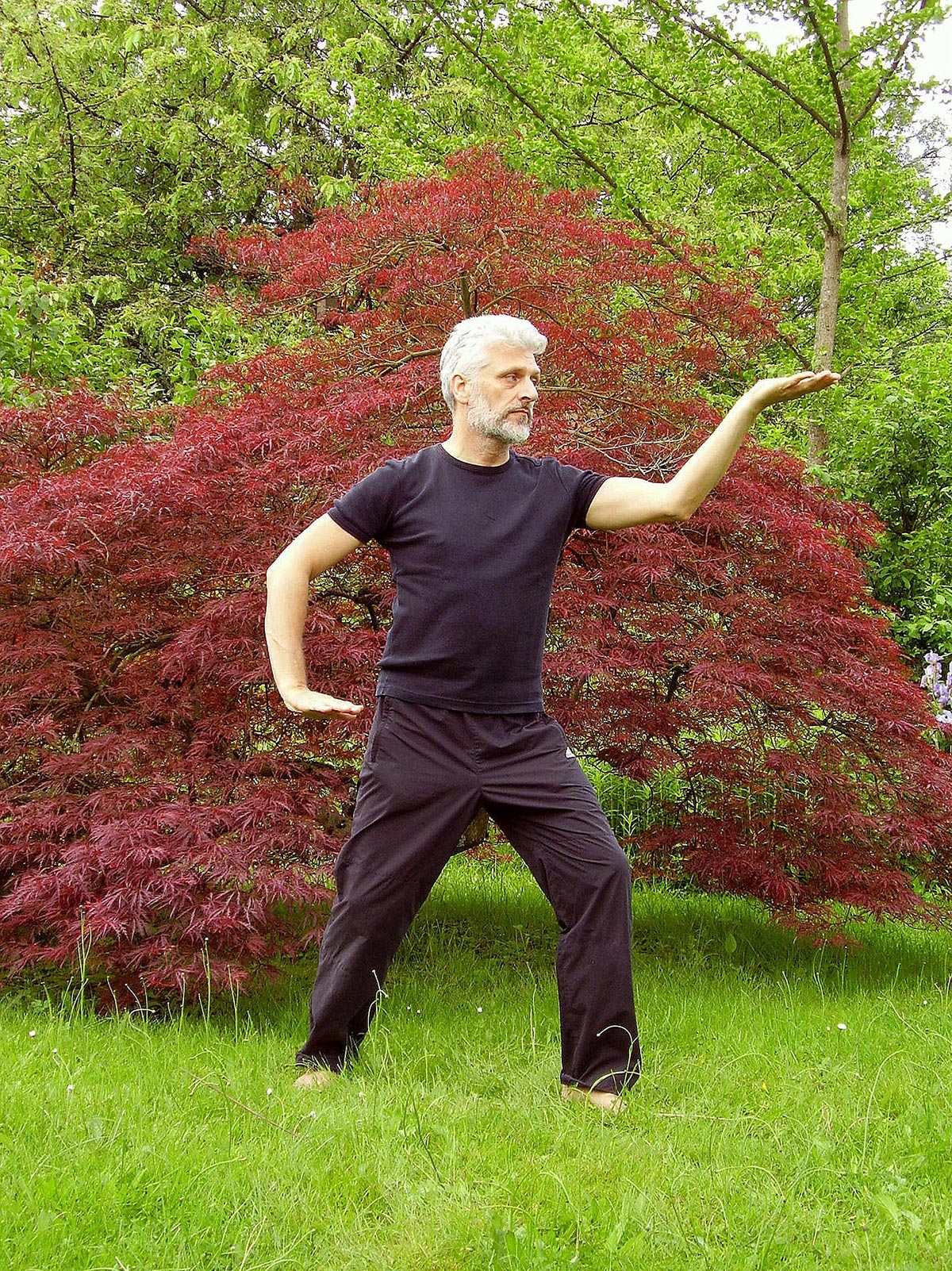Glycogen and glucose are vital components of the body’s energy management system, especially for athletes and bodybuilders. Understanding their roles can provide deeper insights into how the body stores, utilizes, and replenishes energy. These two forms of sugar serve as essential fuel sources for physical performance and recovery, with glucose acting as the immediate energy provider and glycogen functioning as the stored energy reserve.
The Relationship Between Glucose and Glycogen
Glucose is the primary sugar your body converts into energy. It circulates in the bloodstream and is immediately available for cellular functions, particularly for muscles and the brain. Glycogen, on the other hand, is the stored form of glucose. It resides primarily in the liver and muscle cells, serving as a backup energy supply when blood glucose levels drop. However, the body cannot utilize glycogen directly for energy; it must first convert glycogen back into glucose when needed.
When you consume a well-balanced meal containing carbohydrates and proteins, your digestive system breaks down these macronutrients into glucose and amino acids. The glucose is absorbed into the bloodstream, raising your blood sugar levels. To maintain balance, the pancreas secretes insulin, a hormone that facilitates the storage of excess glucose as glycogen in the liver and muscles. Conversely, when blood glucose levels dip, the pancreas releases glucagon, another hormone that prompts the liver to convert glycogen back into glucose for energy use. Muscle-stored glycogen, however, remains reserved for muscular activity and cannot be released into the bloodstream.
Glycogen Storage and Energy Availability
The liver has a limited capacity for glycogen storage, typically holding between 90 and 110 grams, which is sufficient to fuel about three to four hours of moderate activity. Once these reserves are full, any additional glucose in the bloodstream is converted into fat. This process is not inherently harmful; in fact, it is part of the body’s natural energy regulation system. After a meal, glycogen stores are replenished, and some glucose is stored as fat to provide long-term energy reserves. Between meals, as glycogen levels begin to deplete, the body shifts to using stored fat as an energy source.
The Role of Glycogen in Physical Activity
For athletes and bodybuilders, glycogen is a critical energy source, particularly during high-intensity or prolonged exercise. Muscular contractions rely heavily on glycogen stored within the muscle fibers. During exercise, the glycogen stored in muscles is broken down into glucose to fuel physical activity. This localized glycogen cannot be released into the bloodstream, making it exclusively available for the muscle group in use. As a result, maintaining adequate glycogen levels is essential for sustained performance and optimal recovery.
When glycogen stores are depleted, fatigue sets in, a phenomenon commonly known as "hitting the wall" or "bonking." This state underscores the importance of replenishing glycogen stores post-exercise. Consuming a combination of carbohydrates and protein after a workout helps restore glycogen levels while supporting muscle repair and growth. Research indicates that the window for optimal glycogen replenishment occurs within 30 minutes to two hours after exercise.
Balancing Glycogen Storage and Fat Utilization
The body’s ability to alternate between glycogen and fat as energy sources is a cornerstone of metabolic flexibility. During periods of low-intensity activity or fasting, the body primarily relies on fat stores for energy. However, during high-intensity activities, glycogen becomes the dominant energy source due to its rapid availability. This metabolic adaptability is crucial for both athletic performance and overall health.
Understanding the interplay between glycogen storage and fat utilization can also inform dietary and training strategies. For example, a low-carbohydrate diet may reduce glycogen stores, forcing the body to rely more heavily on fat as an energy source. While this approach can be effective for weight loss, it may compromise performance in high-intensity activities that require quick energy. On the other hand, a high-carbohydrate diet can maximize glycogen stores, enhancing endurance and recovery but potentially leading to fat accumulation if caloric intake exceeds expenditure.
Practical Strategies for Optimizing Glycogen Levels
To maintain balanced glycogen levels, it is essential to prioritize nutrient timing and macronutrient composition. Consuming complex carbohydrates before exercise provides a steady release of glucose, ensuring sustained energy during activity. Post-exercise meals or snacks should include both carbohydrates and protein to expedite glycogen replenishment and muscle recovery. Additionally, staying hydrated supports efficient glycogen storage and utilization, as water is a key component of glycogen molecules.
Athletes engaging in endurance sports or intense training sessions may benefit from carbohydrate loading, a strategy designed to maximize glycogen stores. This involves increasing carbohydrate intake while tapering exercise in the days leading up to a competition or event. When executed correctly, carbohydrate loading can significantly enhance performance by delaying fatigue and extending endurance.
The Bigger Picture: Metabolism and Energy Balance
The relationship between glycogen and glucose is a testament to the body’s intricate metabolic processes. By understanding how these energy systems function, individuals can make informed decisions about their diet, exercise routines, and overall lifestyle. Whether the goal is to improve athletic performance, manage weight, or simply enhance overall health, a balanced approach to glycogen and glucose management is essential.
For athletes and bodybuilders, this knowledge translates into practical benefits, from improved endurance and strength to faster recovery times. By fueling the body with the right nutrients, optimizing glycogen storage, and maintaining metabolic flexibility, individuals can unlock their full potential and achieve their fitness goals with greater efficiency.
This article is editorial in nature and does not constitute medical advice. Always consult a physician for any health-related concerns, whether psychological or physical.













